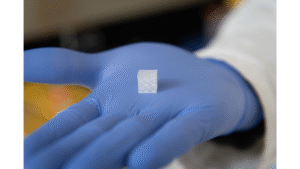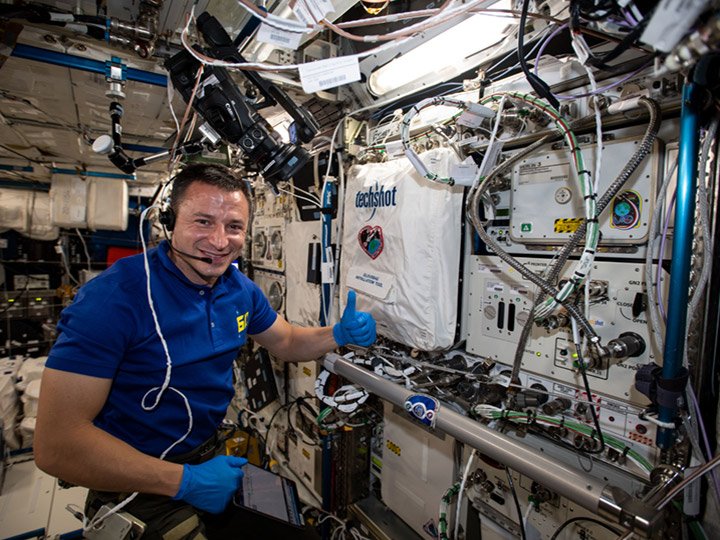The International Space Station (ISS) National Laboratory has announced a groundbreaking research mission led by the Wake Forest Institute for Regenerative Medicine (WFIRM). The experiment will evaluate how 3D bioprinted liver tissue constructs mature in a microgravity environment, potentially paving the way for breakthroughs in regenerative medicine and future organ transplantation.

Bioprinting and Regenerative Medicine
Bioprinting enables scientists to engineer complex 3D structures using living human cells. These constructs replicate tissue and organ functions, offering applications in disease modeling, drug testing, and tissue repair. WFIRM has previously developed vascularized liver constructs that remain functional for 30 days on Earth, but challenges with oxygen and nutrient delivery limit scalability. Microgravity presents a unique opportunity to overcome these barriers by influencing cell distribution, behavior, and adherence.
Space-Based Experiment
The project will launch aboard SpaceX’s 33rd Commercial Resupply Services mission, utilizing Redwire Space’s Multi-Use Variable-Gravity Platform (MVP) on the ISS. Team Winston, one of WFIRM’s two prize-winning groups from NASA’s Vascular Tissue Challenge, will conduct the in-orbit study. Researchers will assess whether microgravity enhances vascular lining formation in bioprinted liver constructs, potentially improving tissue viability and longevity.

Economic and Research Impact
The investigation builds on WFIRM’s $400,000 award from NASA’s Vascular Tissue Challenge, which encouraged breakthroughs in regenerative medicine. If successful, this study could lead to scalable biomanufacturing of tissues and organs in space, with far-reaching applications for healthcare on Earth, including treatments for liver disease, injury recovery, and age-related tissue decline.
Medicine and Space Exploration
This experiment represents a convergence of space technology and biotechnology. By enabling more durable and functional tissue engineering, it supports both human health on Earth and long-term space missions, where regenerative medicine will be critical. As David Gobel, CEO of the Methuselah Foundation, noted, the effort aligns with the broader mission of advancing human longevity and preparing for future space industries.


